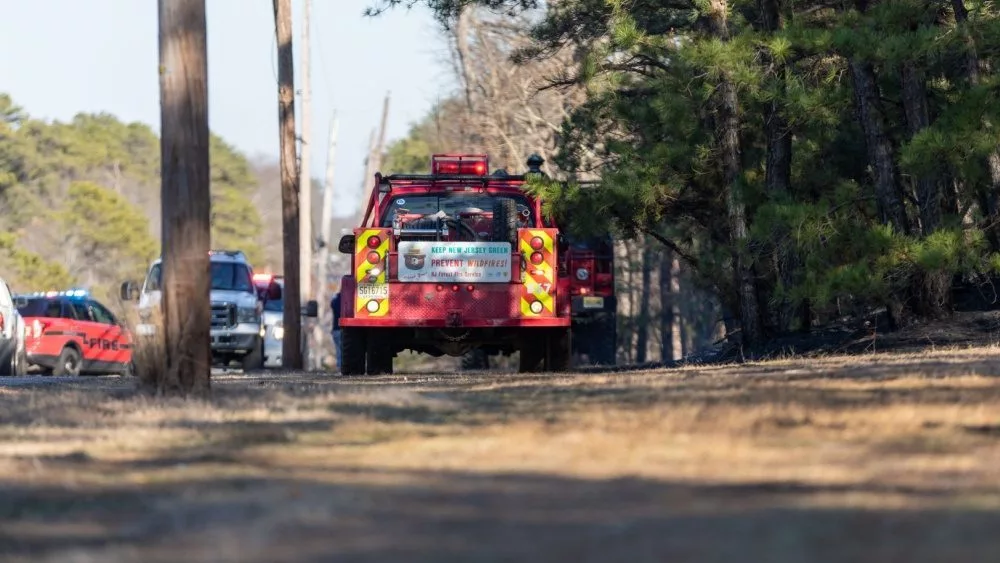Kansas health officials and the state agriculture department are calling attention to human health risks after a second case of rabies was reported in outdoor cats that were not vaccinated.
The cases were reported over the past two weeks in Harvey County and Jewell County, and both involved outdoor cats which exposed multiple humans and other cats. The known human exposures have started rabies post-exposure prophylaxis, a series of five vaccinations to prevent rabies in humans.
There have been six positive cases of rabies in cats this year, as well as several cases in wildlife. Both of the cases this month were in unvaccinated outdoor barn cats.
Animal Health Commissioner Justin Smith said in a press release, “It is vital to vaccinate domestic animals against rabies, especially animals that interact with humans, because humans can be infected. Vaccinating pets and livestock against the virus protects both animal health and human health.”
Even if an animal is kept indoors, ensuring their vaccination against the virus is up-to-date serves as an important barrier if they are ever exposed to a wild or stray animal that could be carrying the disease. Those who have barn cats should have them vaccinated against rabies.
Kansas residents are urged to be aware of vaccination requirements in their communities, and parents should teach children to be cautious around outdoor animals, wild or domestic, even if they look to be friendly; wash a wound from an animal encounter thoroughly with soap and water and get medical attention immediately; keep pet vaccinations current; and monitor pets when outside.
[ image: KDHE ]







